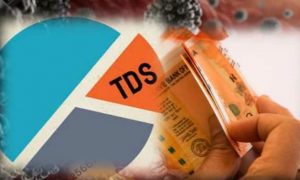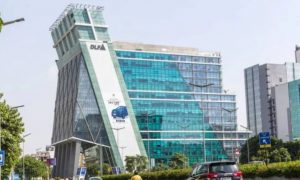The number of new home sales closed during this period was 4,400, compared with 2,680 during those same months in 2020.
Hyderabad: The Hyderabad construction industry saw its sales rise by over 60% compared to the same period last year despite the severe COVID-19 blow. Market reports indicate that the number of new home deals closed during this period was 4,400 compared to 2,680 during January and March 2020.
The launch of new housing projects too increased this year reaching 7,000 installations in Hyderabad, causing an upward revision to property prices. This is despite the fact that Chennai and Bengaluru costs remained unchanged. Several factors contribute to the slow but steady growth of the real estate market, including the relative affordability of property prices and a robust infrastructure.
“Also the city has witnessed some momentum in office leasing activity, the pandemic notwithstanding. That’s given an edge to its residential market too,” said Anuj Puri, chairman of Anarock Property Consultants as per Times of India.
According to city developers, a 50% to 60% recovery has been achieved since the pre-Covid-19 period.
“Though the market is still far from being in the pink of health, the traffic of enquiries (both online and offline) has improved substantially from what it was during the first half of 2020. Genuine home-buyers who are financially stable aren’t holding back their plans anymore,” said Tapas Patel, CEO of Om Sree Builders and Developers.
Experts believe now is a good time to buy property in Hyderabad due to the market mood. “With home loan rates at all-time-low in over a decade, and expected to continue to remain so through 2021, and developers offering various incentives to push sales, it is a good time to buy a house in Hyderabad provided one has financial stability,” said Veera Babu, managing director of Cushman & Wakefield.
Babu further explained that although sentiment has dampened following a strong first quarter in 2021, its impact is likely to be temporary. “The market will certainly bounce back in line with the reduction in active caseload and faster vaccinations that’ll improve consumer demand in the second half of 2021 – early 2022 and sales will come back to average levels again,” Babu added.





































